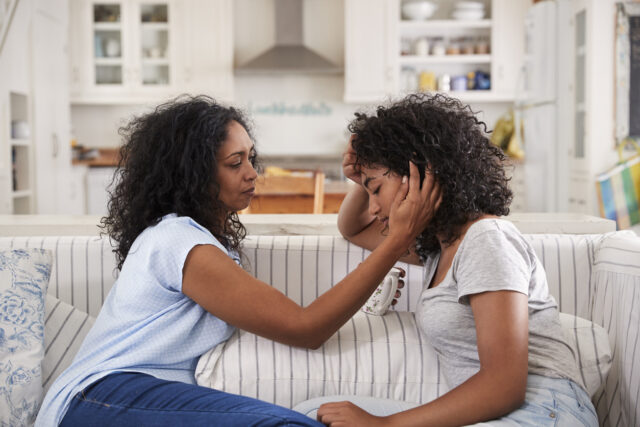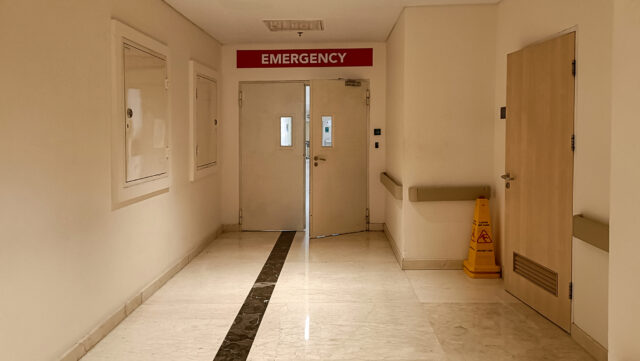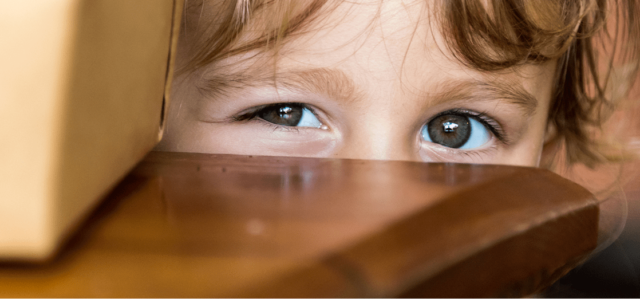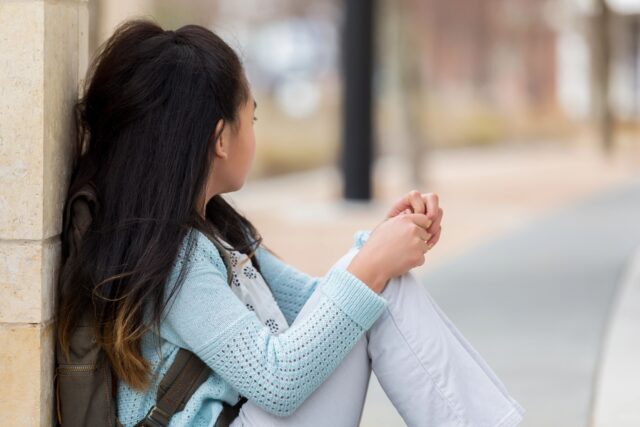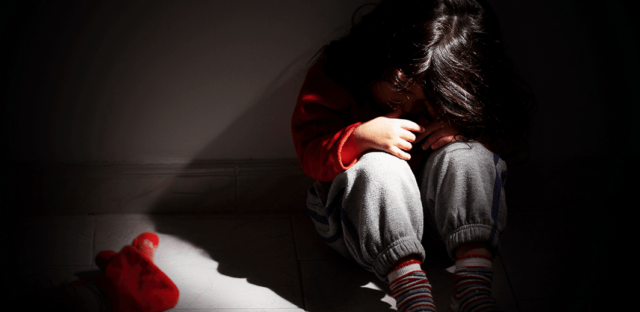TOPICS
Suicide & Self-Harm
Knowing the warning signs and how to respond is the best way to be prepared.

About Suicide and Self-Harm
According to the CDC, suicide is the second leading cause of death for young people aged 10 to 24, and the number of suicides has risen alarmingly in recent years.
Self-harm is not the same thing as attempting suicide, but it can be a warning sign. Kids who hurt themselves on purpose may be trying to relieve emotional pain. And whether thoughts of suicide or self-harm stem from mental health or social challenges, it’s a difficult process for both parent and child to navigate.
Suicide Warning Signs and Risk Factors
When a child mentions that they’re thinking about death or suicide, it’s important to take them seriously. And if you’re concerned that they might be in immediate danger of attempting suicide, call 911 or take them to the nearest emergency room.
But while some kids who are considering death by suicide may be vocal about it, others may hide their thoughts and plans. Knowing the risk factors and warning signs will help you take early, effective action when necessary.
Suicide Prevention
If you are concerned that your child might be thinking about suicide, it’s important that you talk to them about it openly. Some people worry that bringing up suicide will make kids more likely to attempt it, but talking with kids and taking their feelings seriously actually makes them feel safer and more supported.
Emergency Treatment
If a child is talking about or attempts suicide, sometimes emergency treatment is necessary. It’s a difficult – but potentially life-saving – choice. As a parent, knowing what to expect from the ER or inpatient treatment can help you navigate the process with less stress.
Self-Injury
Cutting and scratching are the most common kinds of self-harm. Sometimes kids self-harm to cope with difficult emotions. Other times it’s their way of indirectly asking for help. Self-injury isn’t necessarily connected with suicide — it is usually used to feel better rather than to end one’s life — but should be taken seriously, nonetheless.
Coping After a Suicide
Suicide & Self-Harm
Ask an Expert
All Suicide & Self-Harm
Resources




